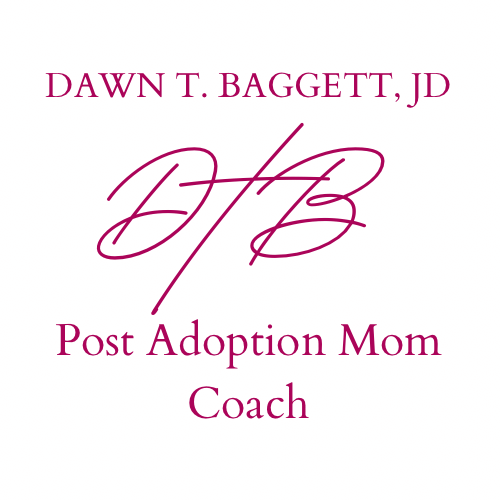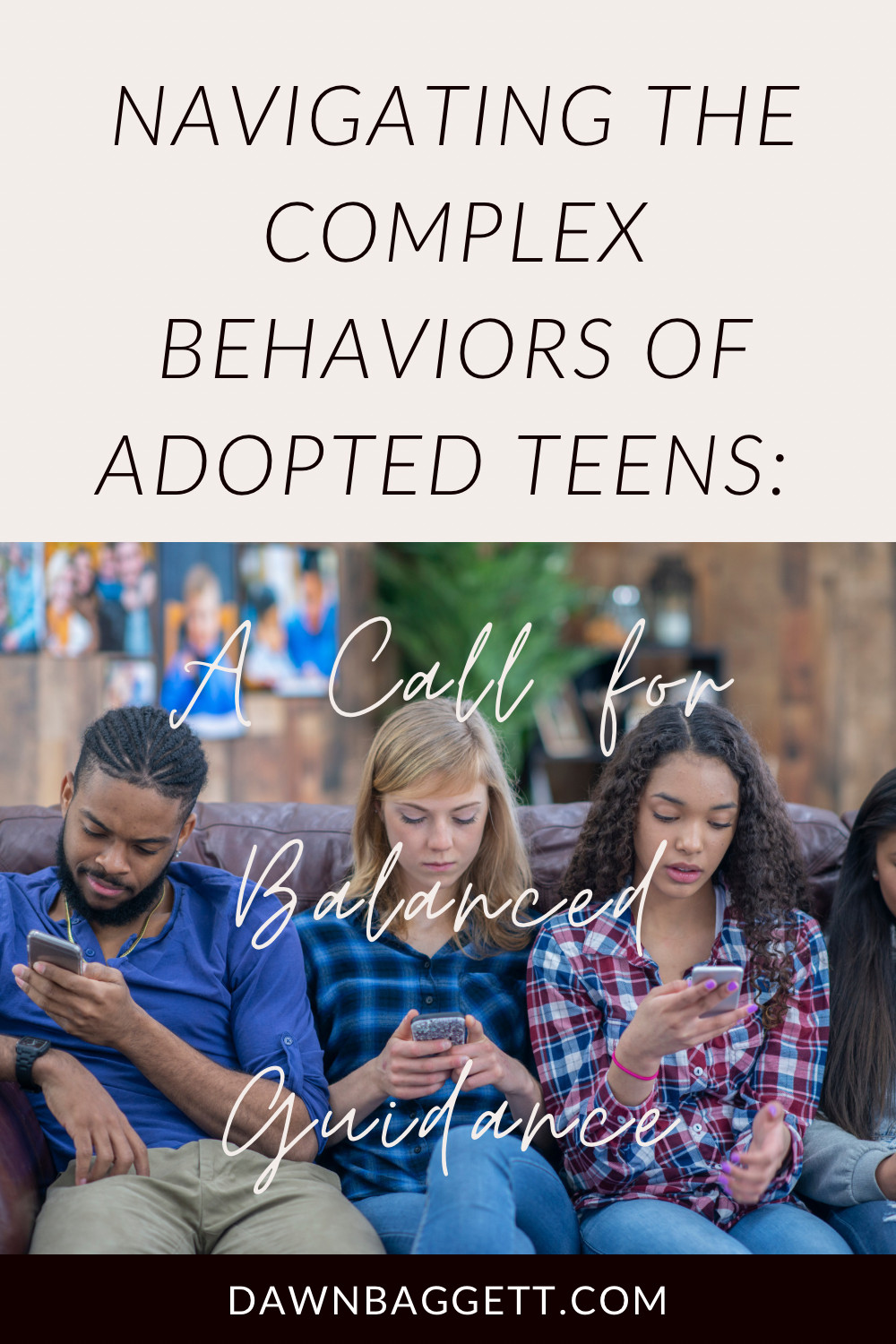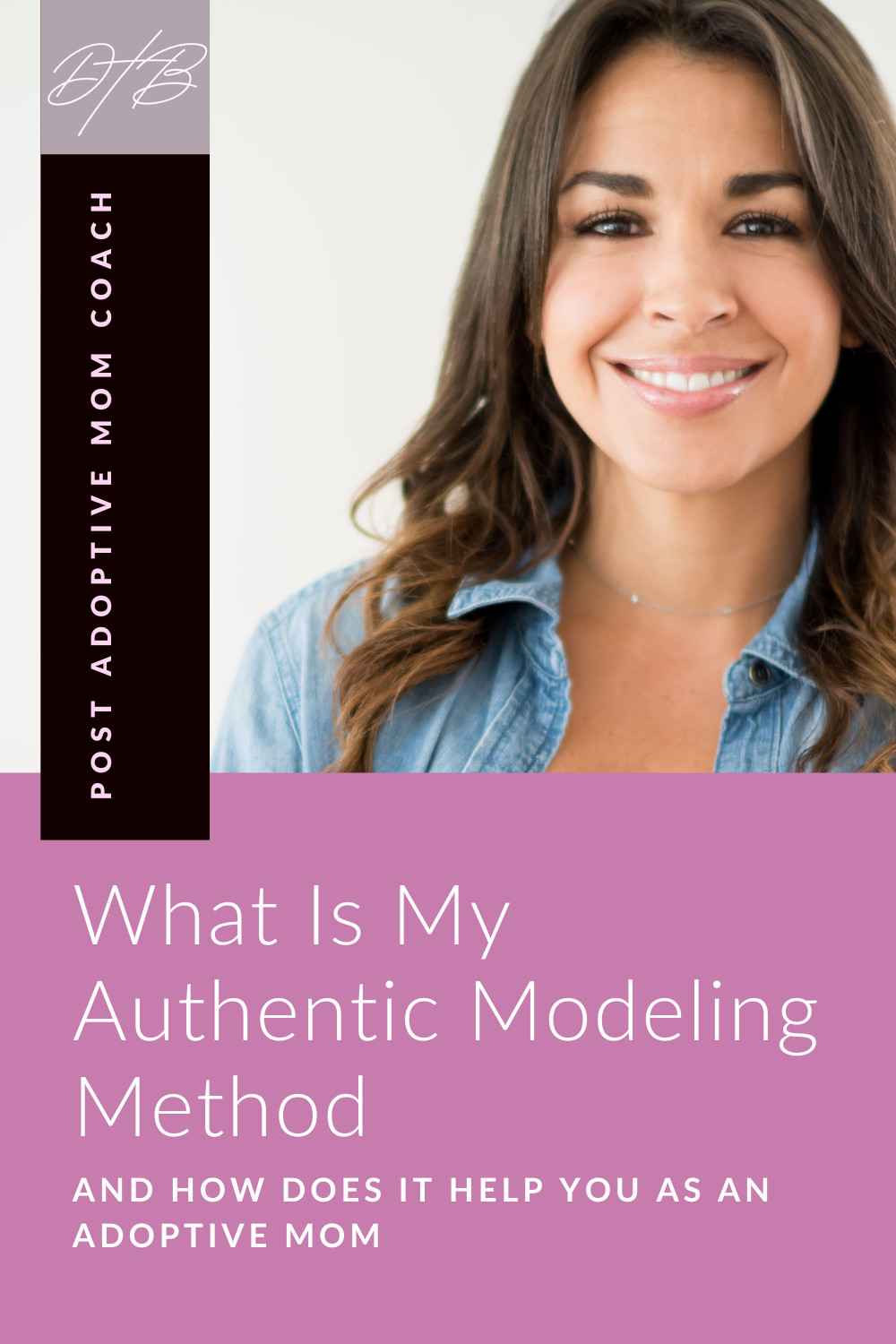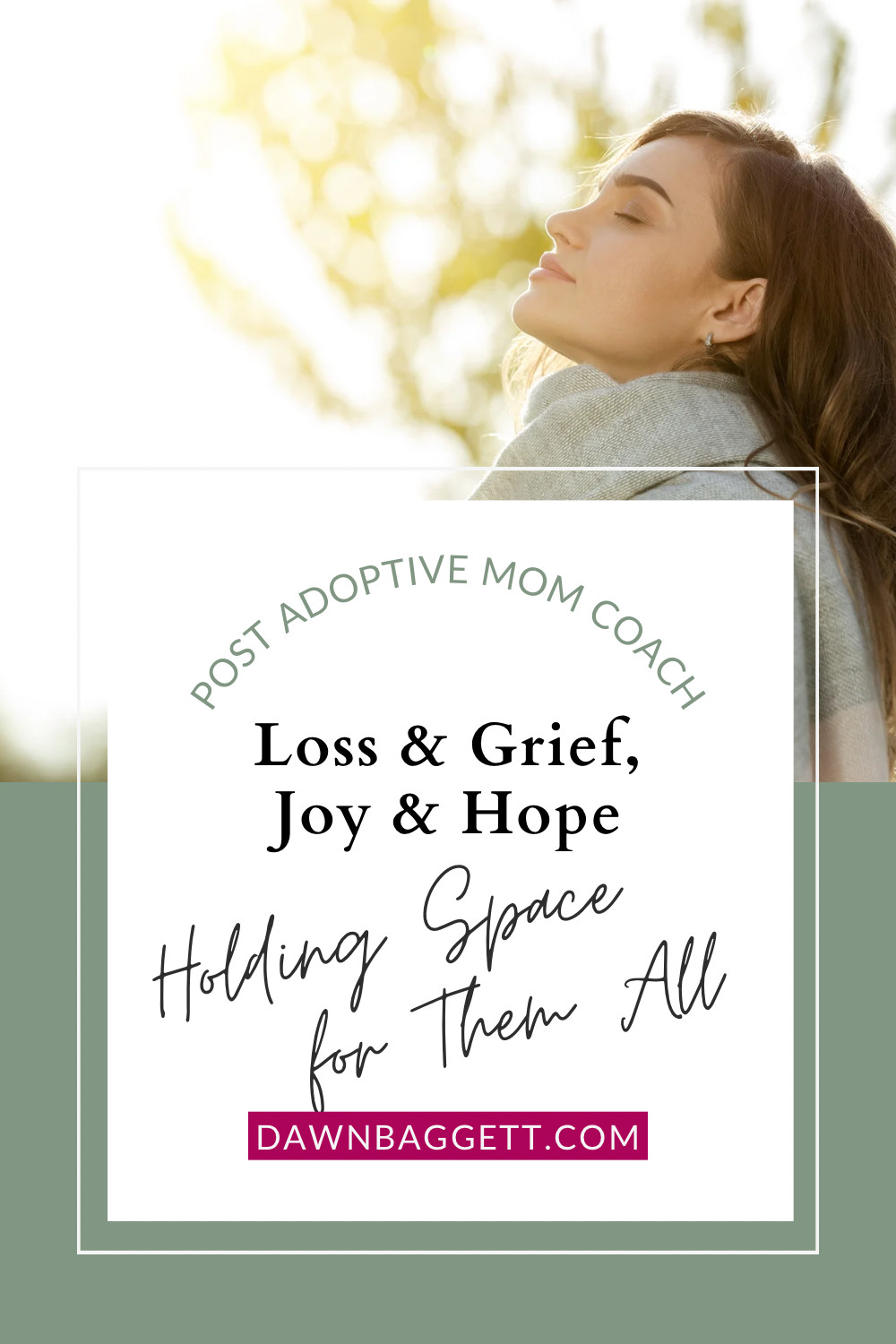From the paperwork & legalities to the physical and emotional tolls, there's no denying that adoption is a BIG undertaking.
If you're thinking about becoming an adoptive parent, or are in the process of adopting, you're probably aware of many challenges that come with the territory.
What you may not be prepared for, however, are the pressures that come with being an adoptive parent over the long term. When you become an adoptive parent, you are signing up for a lifetime of love, laughter, and surprises. You might think that the biggest challenge you'll face as an adoptive parent is the initial adjustment period—getting to know your new child and helping them adjust to their new home.
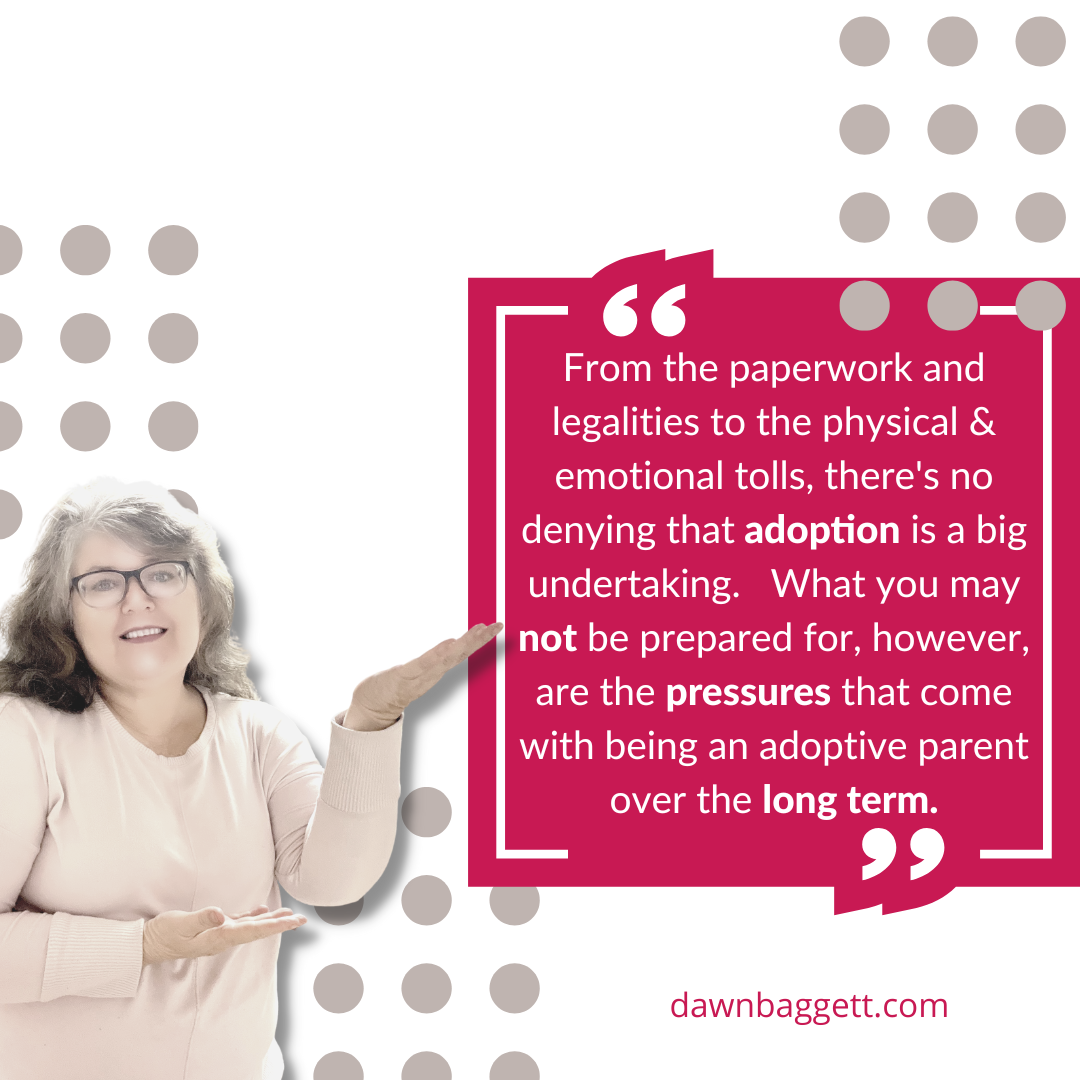
But for many adoptive parents, the most challenging years are yet to come. In my program, Success For Second Moms I share about the life cycle of adoptive families and certain trouble spots to be aware of in each of the phases.
For instance, are you in the phase of raising teens? Adopted teenagers can be a handful. They're going through all the changes that come with adolescence—hormones, mood swings, rebelliousness—and they're likely focused on testing their wings of independence while simultaneously dealing with doubts and questions about their roots…and may view you as an obstacle on both ends.
As an adoptive parent, you might feel like you're in over your head. You're not alone.
The best and most foundational piece is your faith in God. The verse that tells me he is working all things out for good for those called according to his purpose has helped me when everything seemed to be working out poorly. Especially since I know that I know that I know that he called me to adoption. Here are some of the most common pressures adoptive parents face, and how to deal with them.
The Pressure to Be Perfect
When you adopt a child, it may feel like you're not just becoming their parent—you're becoming their everything. You're their teacher, their nurse, their counselor, their disciplinarian. And for many adoptive parents, that pressure to be everything to their child can be overwhelming.
It's important to remember that you don't have to be perfect, or do everything yourself, to be a good parent. Adopted children have already been through a lot in their young lives, and they need your unconditional love and support more than anything else. So cut yourself some slack.
I want to encourage you to re-define your success based on your actions, not on any of the things you have no control over. Whether that be your child’s current attitude or beliefs, behaviors or choices… or those of other people.
The pressure to prove yourself
In addition to the typical pressures of being a parent, adoptive parents may also feel the need to prove themselves to their child or children. They may feel like they have to work harder to earn their child's love and trust. I encourage you again, to re-define success based on the actions you take. Focus on being a consistently trust-worthy person, on showing love in consistent ways over time. Your consistent actions are something you can commit to, providing them the opportunities to develop love and trust.
The pressures of unrealistic expectations.
It's important to set realistic expectations for yourself as an adoptive parent, as well as for your child or teen. This pressure seems to intensify as they get older to be “age appropriate” as if hitting a certain age magically bestows a level of skills and abilities that were otherwise not there. Understand that there will be challenges and difficult moments along the way. Don't put too much pressure on yourself or your child to meet unrealistic expectations.
The pressures of difficult feelings and emotions (yours and theirs!)
Another way to deal with the pressures of adoption is to talk about your feelings with your spouse or partner, a trusted friend, or a mental health professional. It's normal to feel sad, anger, anxiety, or grief during and after the adoption process. Talking about your thoughts and emotions can help you work through them in a healthy way.
It's important to note that while grief and loss are normal parts of the adoption process for both children and adults alike, including siblings who are affected in very real ways, everyone grieves in different ways and at different speeds. Some people move through the stages quickly while others get stuck in one stage for months (or even years) at a time before moving on to another stage. There is no "right" way to grieve; everyone does it differently based on their personalities and life experiences up until that point. Grief counseling and coping strategies can help.
The pressures of parenting children with early childhood developmental trauma
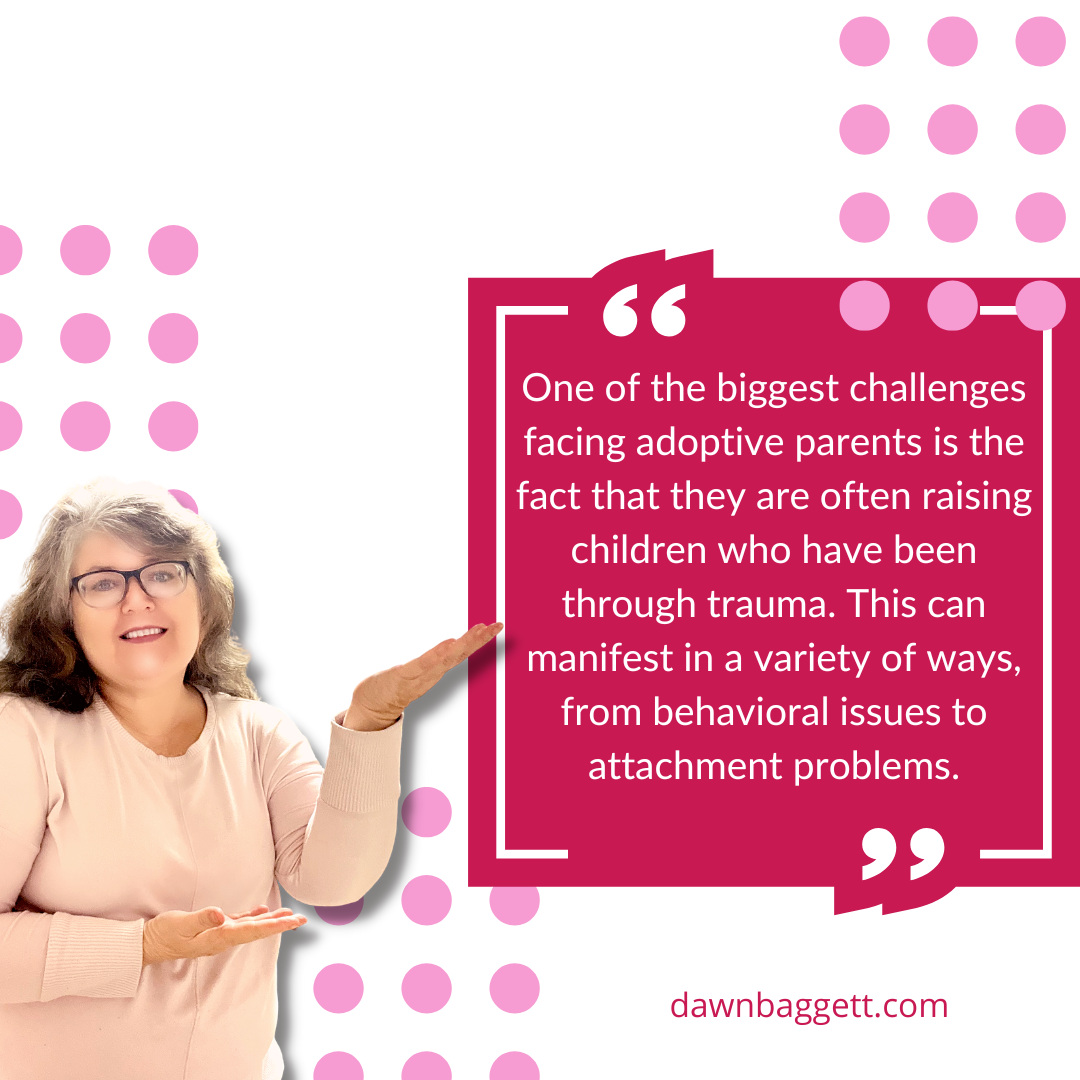
One of the biggest challenges facing adoptive parents is the fact that they are often raising children who have been through trauma. This can manifest in a variety of ways, from behavioral issues to attachment problems. As a result, adoptive parents often have to deal with things that other parents don't have to deal with. For example, they may have to deal with tantrums, meltdowns, and violent outbursts. They may also have to deal with their child's refusal to accept them as a parent or see them as anything other than a caretaker.
The pressures of outside biases
In addition to the challenges that come with raising a traumatized child, adoptive parents also have to deal with the fact that they are often viewed as second-class parents by friends, family, and even strangers. People tend to assume that because they did not give birth to their child, they must not be "real" parents. This can be incredibly hurtful and discouraging, especially when people make comments like, "You're not really her mother," or "He's not really your son."
Adopting a child is an amazing act of love and commitment. But understand that it comes with its own unique set of challenges and pressures. Being an adoptive parent is no easy feat. In addition to all of the normal challenges that come with parenting, adoptive parents also have to deal with the unique challenges that come with adoption. From dealing with a child's trauma to dealing with the perception that they are second-class parents, it can be an uphill battle at times.
By creating a supportive network, setting realistic expectations, and talking about your feelings, you can help reduce the amount of stress you're feeling as an adoptive parent. Remember, you're not alone in this journey—even though it may feel that way. If you’ve read all the books, been through counseling and find yourself ready to move forward and yet unsure of your next steps, coaching may be a good fit for you.
And as always,
keep learning, keep growing & keep loving.
💜🩷♥️
Dawn
______________________________________________________

Post Adoption (Mom) Coach
“STANDING IN THE GAP FOR SECOND MOMS in Adoptive & Blended Families
As a Certified LifeMapping(R) Coach, Dawn helps Christian adoptive moms navigate the challenges of their non-traditional families with their own brand of (faith fueled) success!
DISCLAIMER: I’m a coach, not a doctor nor a therapist. As a coach I do not offer mental or medical health diagnosis, treatment or cures. Furthermore, I am no longer a practicing attorney and do not offer individual legal advice. For individual advice related to your own personal situation I recommend you seek out an appropriate professional. Coaching may fill a spot in your overall support network.
—
Copyright © 2025 Dawn T. Baggett, JD - All rights reserved
—
